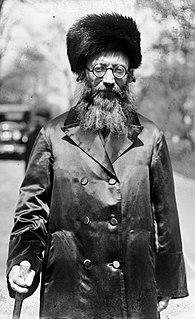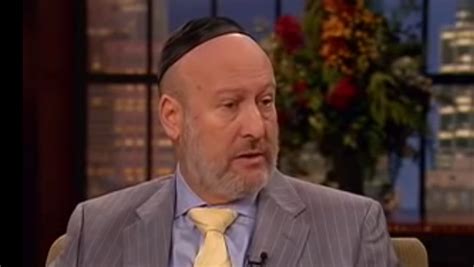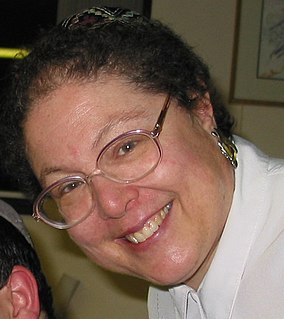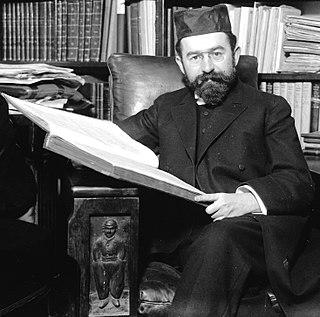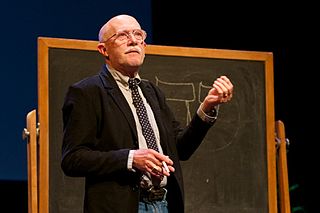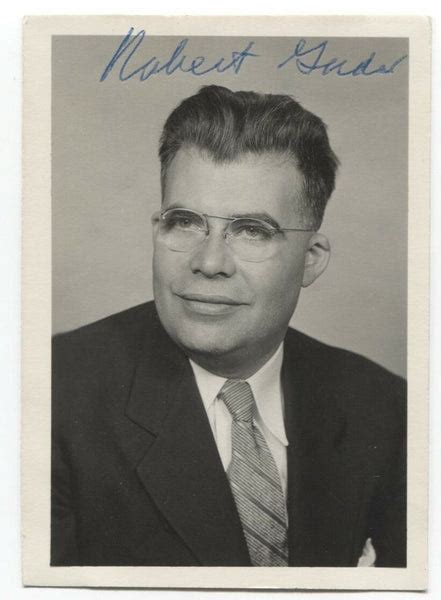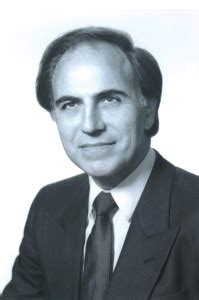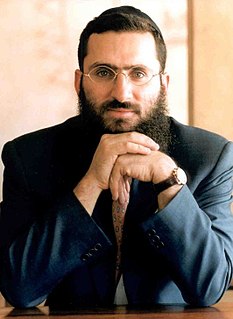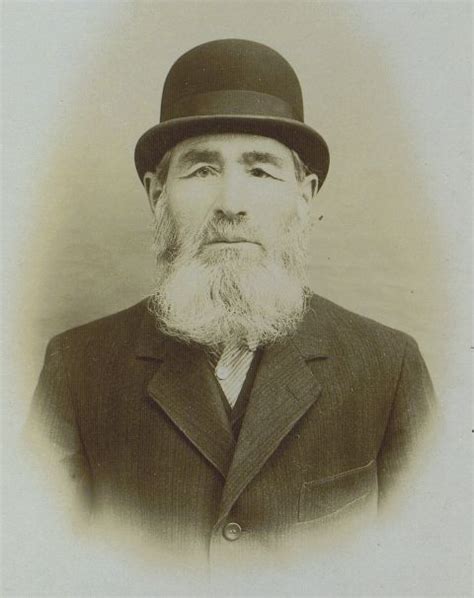A Quote by Harold S. Kushner
Children need parents who will let them grow up to be themselves, but parents often have personal agendas they try to impose on their children.
Related Quotes
Children who are not encouraged to do, to try, to explore, to master, and to risk failure, often feel helpless and inadequate. Over-controlled by anxious, fearful parents, these children often become anxious and fearful themselves. This makes it difficult for them to mature. Many never outgrow the need for ongoing parental guidance and control. As a result, their parents continue to invade, manipulate, and frequently dominate their lives.
Children grow rapidly, forget the centuries-long embrace from their parents, which to them lasted but seconds. Children become adults, live far from their parents, live their own houses, learn ways of their own, suffer pain, grow old. Children curse their parents for their wrinkled skin and hoarse voices. Those now old children also want to stop time, but at another time. They want to freeze their own children at the center of time.
There are many things children accept as "grown-up things" over when they have no control and for which they have no responsibility--for instance, weddings, having babies, buying houses, and driving cars. Parents who are separating really need to help their children put divorce on that grown-up list, so that children do not see themselves as the cause of their parents' decision to live apart.
What I have most learned from my son is to respect him and to love him unconditionally. I believe that if parents respect their children and educate them with love and justice (and not just with words, but with their own behavior) the relationship with their children will be wonderful. Then parents will always be proud of their children, and children will always be proud of their parents. There will be peace in the family, and the home will be a sanctuary.
Adolescence is a time when children are supposed to move away from parents who are holding firm and protective behind them. When the parents disconnect, the children have no base to move away from or return to. They aren't ready to face the world alone. With divorce, adolescents feel abandoned, and they are outraged at that abandonment. They are angry at both parents for letting them down. Often they feel that their parents broke the rules and so now they can too.
What parents teach is themselves, as models of what is human - by their moods, their reactions, their facial expressions and actions. These are the real things parents need to be aware of, and of how they affect their children. Allow them to know you, and it might become easier for them to learn about themselves.
Parents who've not had an education themselves find it hard to explain to their children what a decent education involves, and I completely understand that. Parents themselves need to be educated by schools about what sort of education they should expect for their children. I do think there's a heavy responsibility of the school.
You must learn to look at people who are angry with you straight in the eye without getting angry back. When children see their parents treating them this way, they then recognize the parents' authority. It speaks louder than words. Their new respect for the parents is as good for them as it is for the parents. It never works to demand respect of children. It must be given willingly as a result of strength of good character in the parents, which is manifested by their non-reaction to stress in the children.
All in all, the communally reared children of Israel are far from the emotional disasters that psychoanalytic theory predicted. Neither have they been saved from all personality problems, as the founders of the kibbutz movement had hoped when they freed children from their parents. In any reasonable environment, children seem to grow up to be themselves. There is no evidence that communal rearing with stimulating, caring adults is either the ruination or the salvation of children.

















